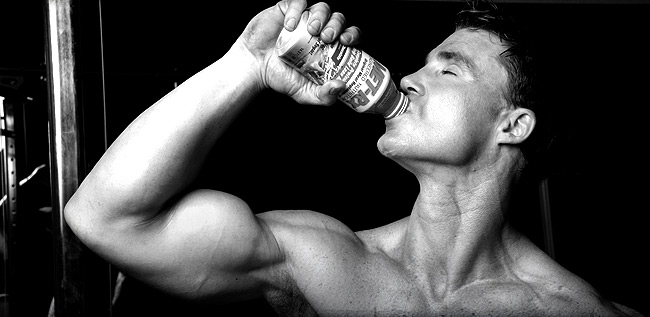Post Workout Recovery Nutrition: protein, carbohydrates and fats. The low down - Hams Fitness
You’ve just had a workout and made progress, set a new personal record and want to recover in a way that allows you to come back in 48 hours and do the same. The question everybody is asking is what should I eat after a workout to allow this?
With so many diets and gurus out there the options seem endless and confusing.
Well, as it happens, it doesn’t have to be that confusing. This paper pulls it all together very well in terms of energy and muscle recovery. The highlights are as follows for those that don’t want to read the entire paper:
- Energy recovery (specifically glycogen) is bi-phasic, happens in two distinct stages - this means there is a window of about 30 minutes to 4 hours immediately post exercise that see’s a rapid replenishment of energy stores, but not to fully restored levels, provided carbohydrates are ingested.
- Total recovery will vary from 20 hours to 7 days depending on how severe the micro trauma is. If it is a familiar movement, volume and intensity then the trauma will be minimal and thus recovery will be faster. If it’s a new movement pattern with plenty of eccentric movement that leaves you sore then recovery of energy stores will be delayed until the microtrauma has been adequately repaired.
- Carbohydrates alone were not as effective as facilitating glycogen re-synthesis as carbohydrates and certain proteins. The addition of fat neither enhanced or delayed the time course of glycogen replenishment after exercise/workout.
- Including protein and fat in your post workout/exercise nutrition may serve others beneficial purposes other than glycogen replenishment such as protein balance and hormone production/tissue healing.
- Post workout nutrition can be either liquid or solid foods, neither showed a different recovery rate. Both are effective.
- Sucrose (plain old sugar) is more effective for energy replenishment than fructose (fruit sugars)
How many carbohydrates should you ingest post workout?
The amount depends on how how depleted you are and how big you are. The paper recommends a general amount of 75-90g each hour for approximately 4 hours post workout. Full restoration of glycogen stores within muscles varies dependant on muscle fibre type (fast or slow) and the extent of micro trauma, both of which are out of you knowledge and control.
If performance is your concern, as it should be, then ingest the recommended 70 - 90 grams soon after your workout and then trickles of carbohydrates there after with a combination of proteins and fats.
How much protein should you ingest post workout?
This doesn’t need to be overly complicated. Between 20 and 40 grams in a post workout shake or meal is just fine for any goal. You’ll trickle enough protein into your system over the next few hours with this to keep the breakdown of muscle tissue at bay. Repeat in 2 - 4 hours.
How much fat should you ingest post workout?
How much fat your post workout meal or shake contains is a personal preference and is goal dependant. If you want to lose weight then keep it on the low side. If you want to gain then feel free to up it a little. Be smart. Swallowing 50g of fat in a post workout meal is not going to help fat or weight loss. If you don’t want to include it then that’s fine too.
What do I eat after a workout Mr Personal Trainer?
My preference is not a recommendation, it is just habit from years of doing it as it suits my lifestyle and goals.
I make a shake of either semi skimmed or full cream milk depending on my seasonal goals, banana, eggs (some whole some not, dependant again on seasonal goals), cocoa powder, honey and perhaps a protein powder and some sugar to top up the carbohydrate content and ensure a nice flavour.
I do this as I usually go straight back to Personal Training clients after a workout and it’s simpler this way than eating eating a big meal at work or on the go.
I’ll then get home later on, usually a couple of hours later, and eat a meal of meat and vegetables with some carbohydrates. Perhaps grilled fish and vegetables or homemade burgers with gherkins, cheese and crusty rolls. Nom Nom!
So to sum up:
Eat a good solid mix of carbohydrates, proteins and fats to allow for the fastest energy recovery rates of glycogen post exercise
Your Expert Personal Trainer in Epsom & Surrey, Ham Williams
Contact me today to get started on your new physique

